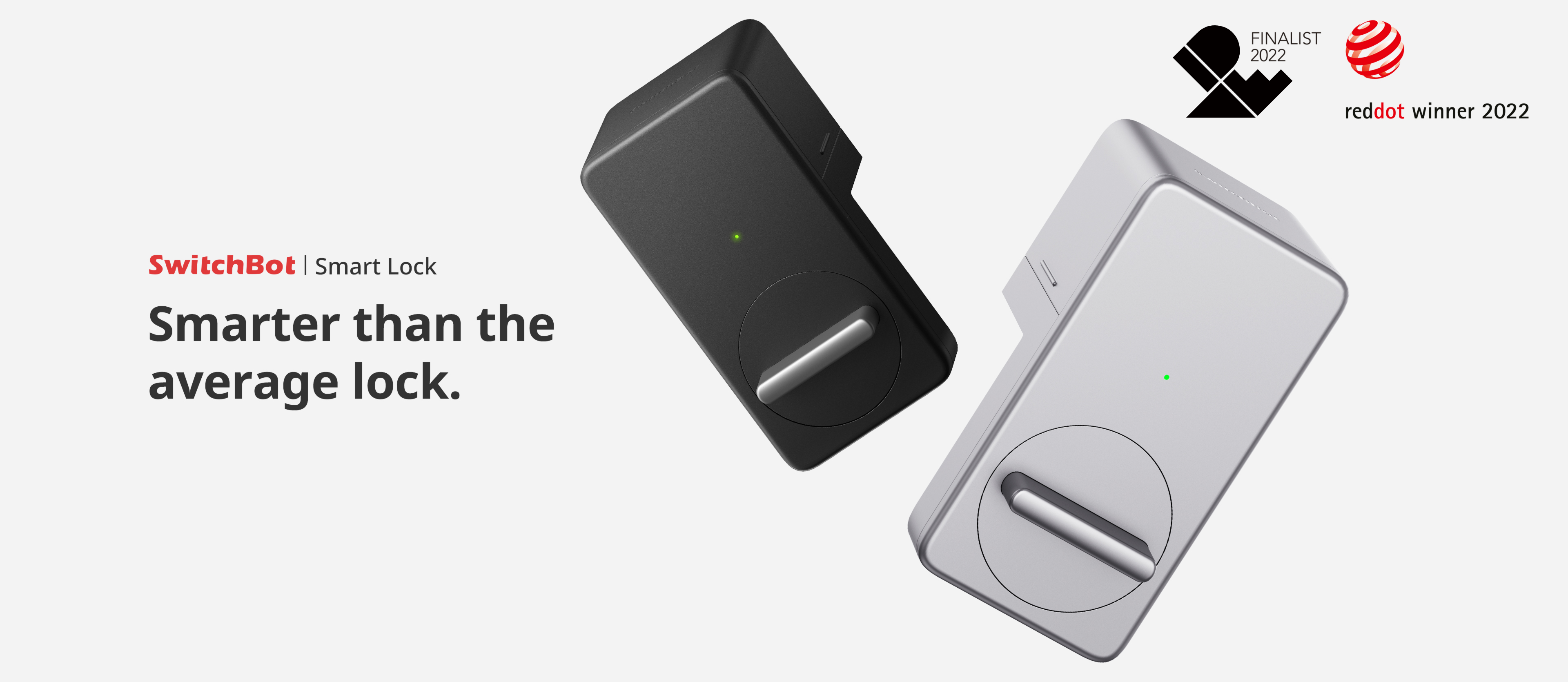-
 Encontrar enMiembros
Encontrar enMiembros Encontrar enVideos
Encontrar enVideos Encontrar enCanales
Encontrar enCanales
This website uses cookies to ensure you get the best experience on our website.
To learn more about our privacy policy haga clic aquíPreferencia de privacidad
- Etiquetas - #BLOG
-
- Última actualización 5 de mar. 0 comentarios, 26 vistas, 0 likes
More in Politics
Related Blogs
Archivo
The Future of Access Control: How Smart Locks are Revolutionizing Industry None
Cuerpo
Enhancing Security and Convenience
Are you familiar with the latest research on smartlock.Smart locks are at the forefront of revolutionizing access control systems. These innovative devices are reshaping the way we secure our homes, offices, and other spaces. By leveraging cutting-edge technology, smart locks offer a seamless and secure way to manage access. With features such as remote locking and unlocking, keyless entry, and activity logs, smart locks provide unparalleled convenience and peace of mind.

Integration with Smart Home Systems
One of the most exciting aspects of smart locks is their integration with smart home systems. These locks can be seamlessly connected to other smart devices such as security cameras, doorbells, and voice assistants. This interconnected ecosystem allows for a truly intelligent and automated approach to access control. For example, a smart lock can be programmed to automatically lock the door when the security system is armed, or to send a notification when a specific user unlocks the door.
Advanced Authentication and Authorization
Traditional locks often rely on physical keys or numeric codes for access. Smart locks, on the other hand, offer advanced authentication and authorization methods. Biometric recognition, such as fingerprint or facial recognition, adds an extra layer of security, making it nearly impossible for unauthorized individuals to gain access. Additionally, smart locks can be programmed to grant temporary access to visitors or service providers, eliminating the need for physical keys or codes that can be lost or compromised.
Remote Management and Monitoring
Smart locks empower users with the ability to remotely manage and monitor access to their properties. Whether it's granting access to a guest while away from home or receiving real-time alerts about door activity, smart locks provide unparalleled control and visibility. This level of remote management not only enhances security but also offers a new level of convenience for homeowners and property managers.
As the demand for smart locks continues to grow, we can expect to see further advancements in their capabilities. From improved energy efficiency to enhanced connectivity with other smart devices, the future of access control is undeniably intertwined with the evolution of smart locks. The potential for these devices to transform the way we secure and manage access to our spaces is truly remarkable.








Comentarios